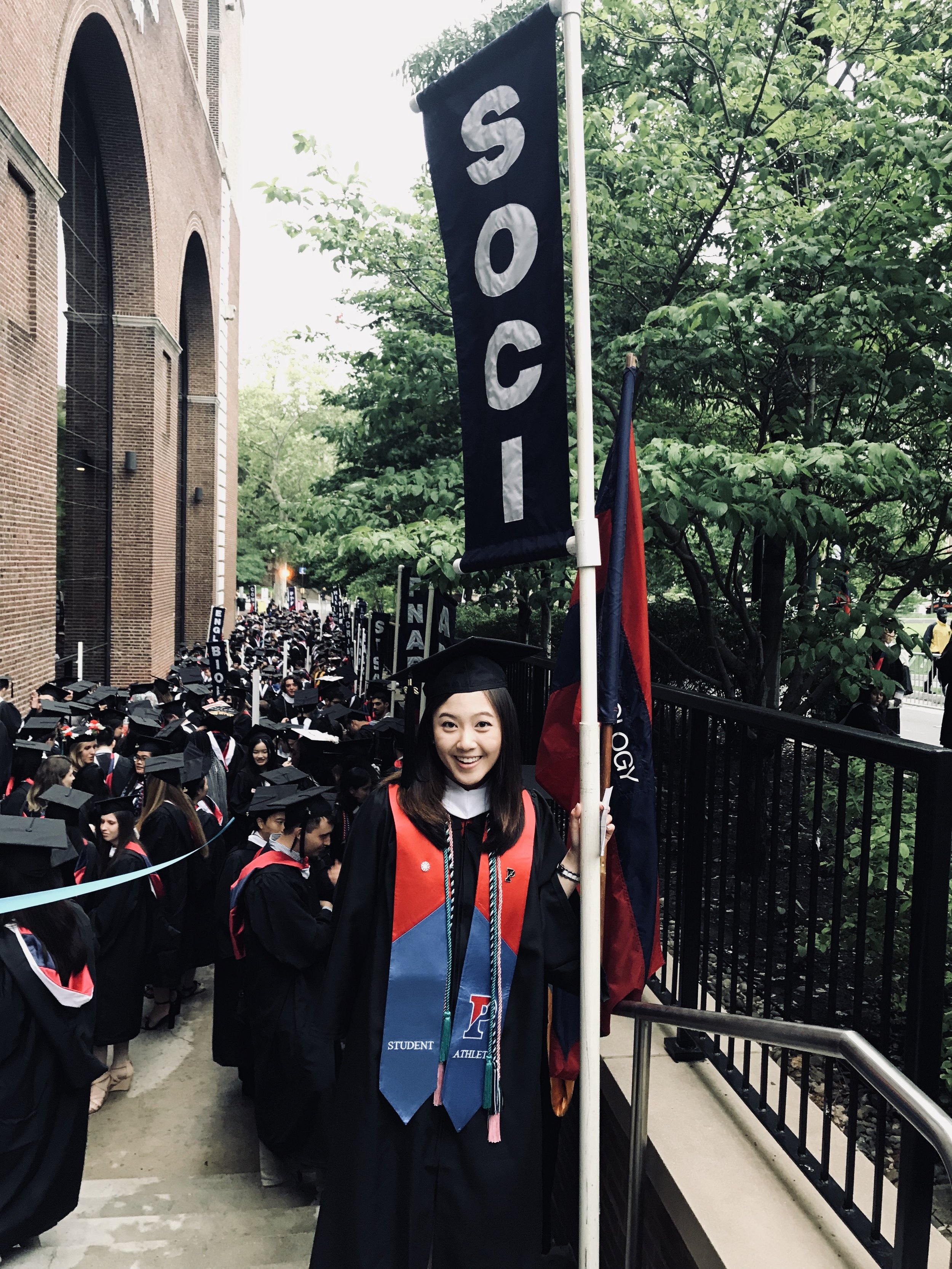RESEARCHER
Across the various domains of work I’ve explored, the central question never fails to arise: what are the underlying mechanisms that position agents effectively to create a positive social impact?
I have found that, while many practitioners grapple with these challenges, they often lack the time or resources to systematically investigate and come to comprehensive answers. I continue to be profoundly fascinated and perplexed with the underlying questions that shape our industry, and I believe there is no better way to explore these complexities thoroughly than pursuing a determined career in academia to bridge the gap between theoretical understanding and real-world application to address most perplexing challenges in the strategic management of purpose-driven organizations.
I hope to study how businesses can effectively address grand societal and environmental challenges, which includes understanding what attributes influence why certain individuals pursue social/sustainability entrepreneurship, and how different models of ecosystem support and incentive structures affect the long-term sustainability of social impact/hybrid ventures.
I'm eager to collaborate, learn, and apply my findings in meaningful ways. Open research opportunities, collaborations, and chatting with practitioners working in the social impact/sustainability sectors to enrich my doctoral studies!
Below, I have included meaningful research experiences I’ve engaged with:
ongoing
USC MARSHALL SCHOOL OF BUSINESS
(AUG 2024 - PRESENT)
A number of projects on social entrepreneurship, female founder fundraising, and the marine energy sector
______________________________
Wharton School of Business
(APR 2023 - PRESENT)
I have thoroughly enjoyed my research collaborations with Professor Tyler Wry, contributing to a number of quantitative studies on social entrepreneurial education ecosystem supports and outcomes, in addition to female entrepreneurship.
WHAT WERE MY OUTPUTS?
In this work, I have achieved the following outputs:
Development of a multi-dimensional framework to rank universities and ecosystems based on their support for social entrepreneurship. This tool could be valuable for future research and program assessment.
Compilation of an extensive dataset that could be a significant output in itself, serving as a resource for future research in the field
A number of academic papers to be published
WHAT WERE MY OUTCOMES?
Because this project is ongoing, there are no outcomes to quantify beyond my enhanced research capabilities (yet!). However, I hope the potential outcomes of this work can include the following:
Influence universities to enhance their support systems for social entrepreneurship, aligning more closely with ESG principles
Contribute new knowledge to the field of ESG and social entrepreneurship, especially in the context of higher education
Provide a tool for students, academics, and university administrators to assess and compare the effectiveness of university support systems for social entrepreneurship
Serve as a foundation for longitudinal studies or comparative analyses across different regions or types of institution
Increase in awareness among entrepreneurship ecosystems about the importance of ESG in social entrepreneurship, potentially leading to increased engagement in their social entrepreneurial resources
Heightened founders’ and investors’ awareness of key drivers of funding disparities and potential strategic decisions that overlooked founders can leverage to their advantage
WHAT DID I LEARN?
While deepening my understanding of social entrepreneurship and hybridity from a research perspective, working with Professor Wry further fueled my passion for pursuing a Ph.D. One of the most intriguing aspects of this research was observing how variations in institutional support structures could significantly impact the success of social ventures, emphasizing the importance of university ecosystems.
This insight has helped me further refine my doctoral research focus, particularly on how different models of ecosystem support affect the funding and long-term sustainability of social impact ventures.
PREVIOUSLY
Research Assistant @ Harvard Business School
(JAN - FEB 2023)
When I was beginning to consider pursuing academia, I reached out to different experts in the field to learn more about their work. With this, I had the opportunity to work with Professor Laura Huang, who held an appointment at Harvard at the time. She tasked me with the assignment of identifying reliable academic scales for classifying investors based on their social and fiscal ideologies, utilizing questionnaires with response scales. This comprehensive approach was designed to enhance the robustness and applicability of Professor Huang’s findings in understanding investor psychology and decision-making patterns.
This engagement helped me refine my research interests to understand the drivers of funding companies.
LEAD RESEARCHER, Honors Theses @ University of Pennsylvania
(AUG 2017 - MAY 2019)
While studying at Penn, I was one of the five students in the Sociology department to be selected to pursue an honors thesis. Here, I had the opportunity to apply for and receive Institutional Review Board (IRB) approval to conduct my independent honors thesis research exploring the sociopsychological perception of weight and nutrition and its implications on stigma and misreporting weight. I was tasked with selecting an advisor, Dr. Vani Kulkarni, a distinguished public health expert with positions at Penn and Yale, and worked with Dr. Chenoa Flippen, the Undergraduate Sociology Chair. I utilized STATA for a regression analysis on data I collected from a sample size of over 200 recruited respondents (the largest sample size of my research cohort). At the end of the year, my thesis received department-wide peer-reviewal and recognition.
Beyond this undergraduate experience, I also wrote an independent thesis for my Master’s degree in Nonprofit Leadership: “Are Benefit Corporations Really the Most Beneficial for Social Enterprises?”

